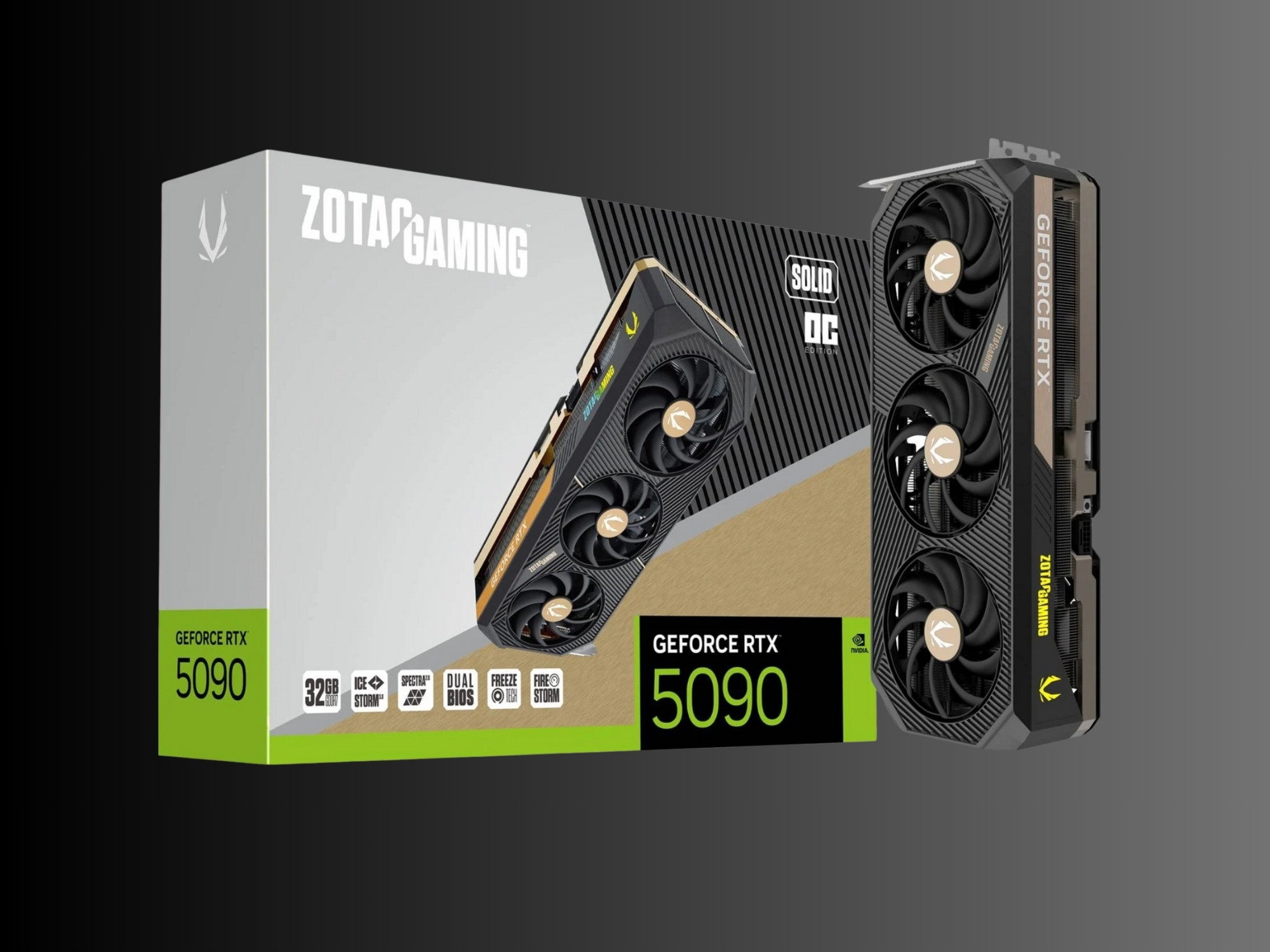Nvidia's Mysterious RTX 5090: Incomplete GPU Surfaces at Retail with Shocking Price Tag

In a bizarre twist for tech enthusiasts, Nvidia's RTX 5090 graphics cards are continuing to command eye-watering prices despite known manufacturing defects. A particularly audacious German seller is currently marketing a Zotac RTX 5090 Solid OC with critically compromised rendering capabilities—specifically missing Render Output Units (ROPs)—yet still demanding full retail price.
While Nvidia has publicly stated that they have addressed the initial production flaws, evidence suggests that defective GPUs are still circulating in the marketplace. This situation highlights the ongoing challenges in quality control within the high-stakes graphics card manufacturing ecosystem.
Potential buyers are advised to exercise extreme caution and thoroughly verify the specifications and integrity of any RTX 5090 graphics card before making a purchase. The persistence of these flawed units underscores the importance of rigorous product inspection and the potential risks in the current graphics card market.
